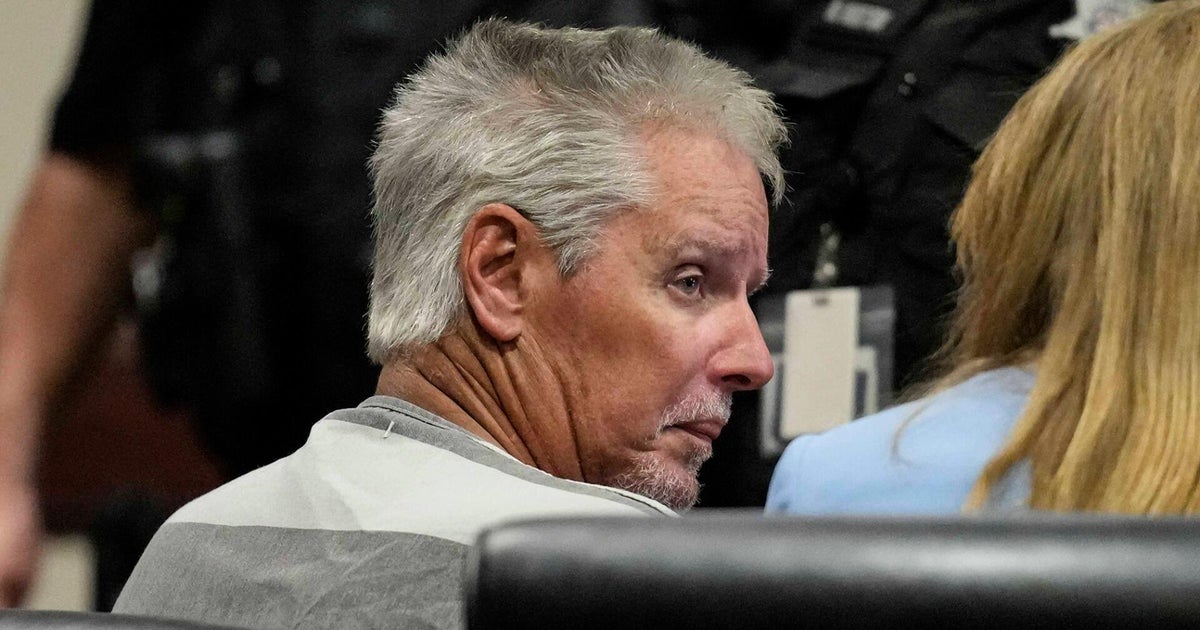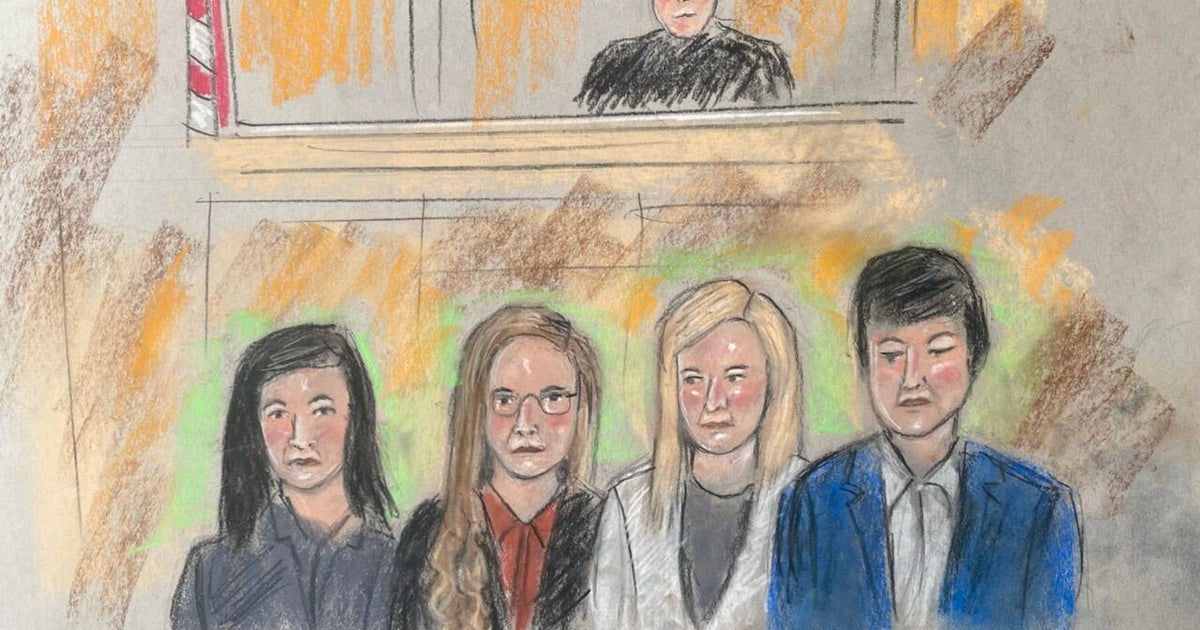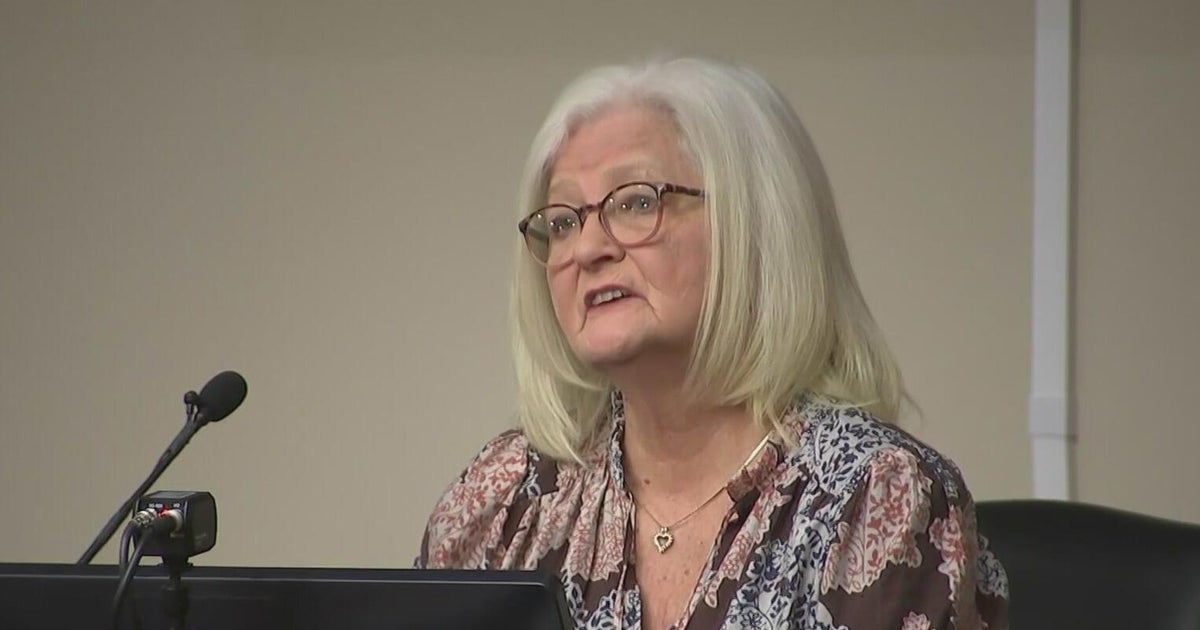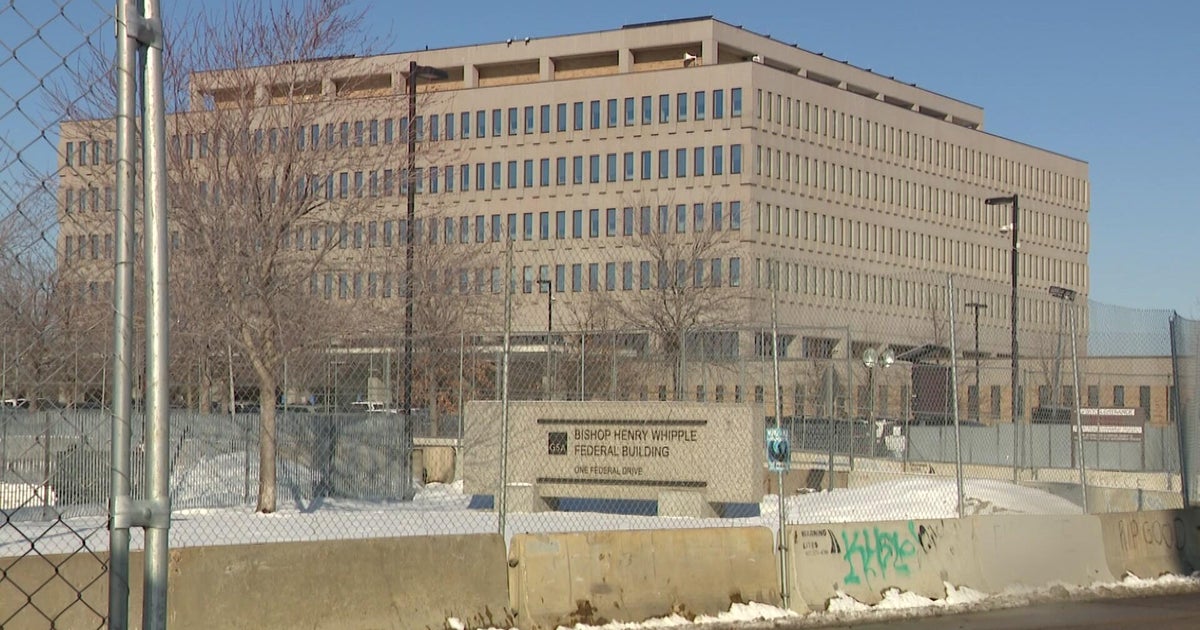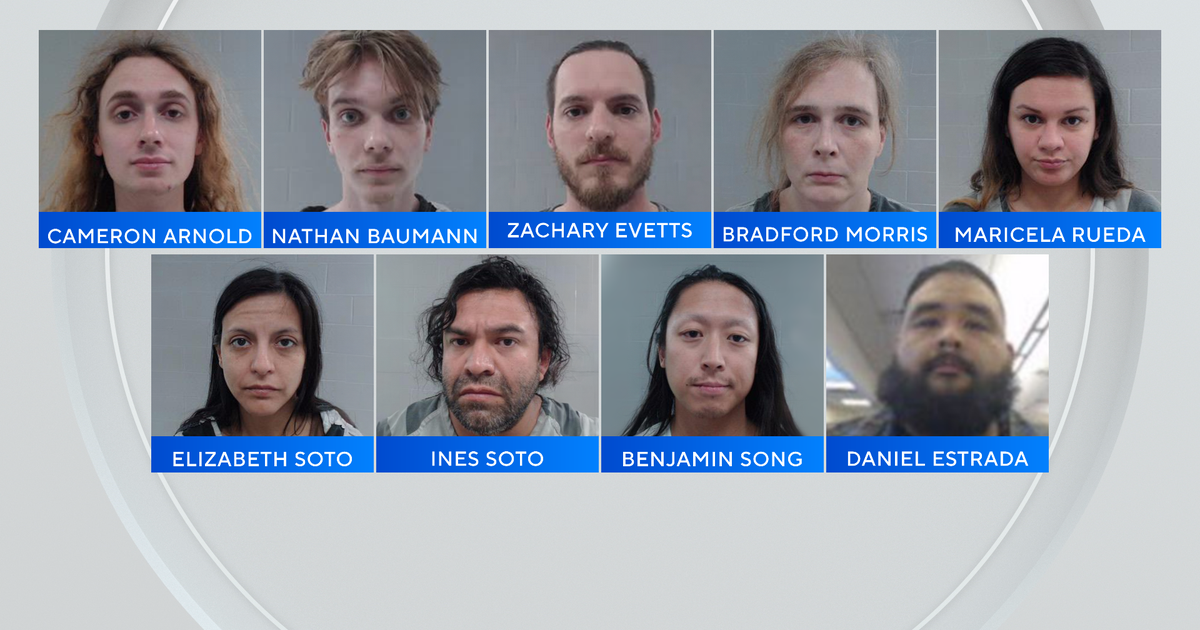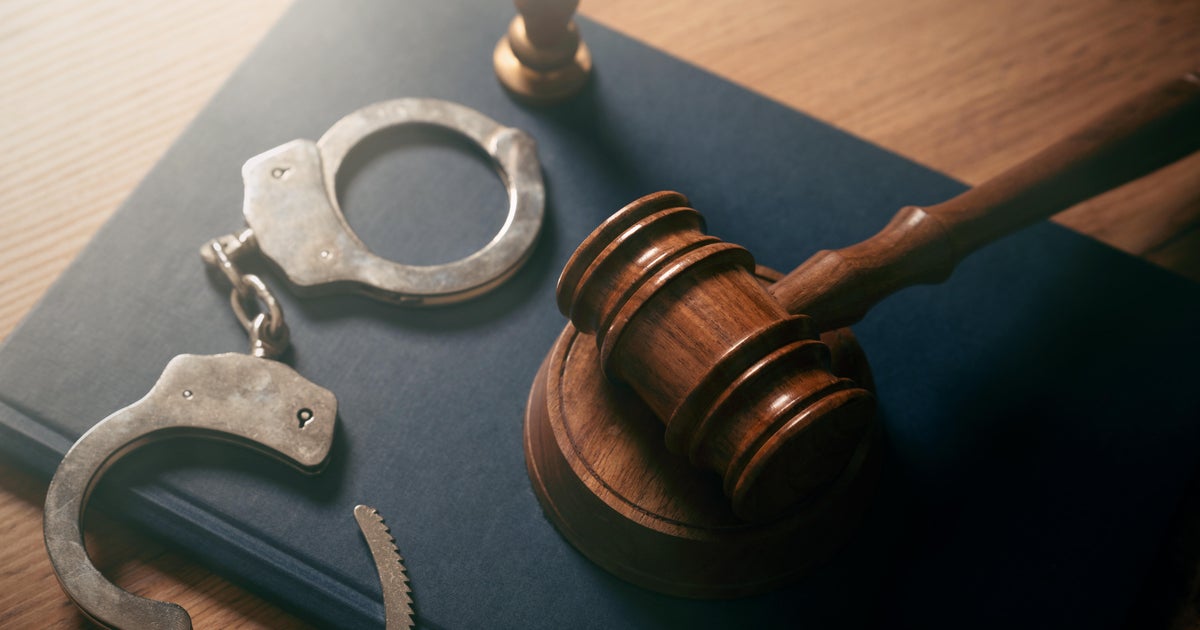Judge Explains Witness Ban In Gitmo Detainee's Trial
NEW YORK (AP / WCBS 880) -The government cannot coerce a detainee to provide information for intelligence purposes and then use the evidence in criminal proceedings, the judge presiding over the first civilian trial of a Guantanamo detainee said in a ruling that also branded a man the government once said was its most important witness as a liar.
In the redacted ruling released Thursday, U.S. District Judge Lewis A. Kaplan explained his reasons for deciding last week to block the witness, Hussein Abebe, from the trial of Ahmed Khalfan Ghailani.
LISTEN:WCBS 880's Irene Cornell reports
Kaplan said prosecutors failed to show Ghailani's rough CIA interrogation at a secret camp overseas played no role in getting the witness to cooperate.
"If the government is going to coerce a detainee to provide information to our intelligence agencies, it may not use that evidence -- or fruits of that evidence that are tied as closely related to the coerced statements as Abebe's testimony would be here -- to prosecute the detainee for a criminal offense,'' Kaplan said.
The judge stopped short of expressing an opinion on the constitutionality of the fact that the "CIA, acting upon the highest authority, used coercive methods to gain intelligence.'' He said the issue was not before him.
Kaplan also stepped gingerly into the debate over whether terrorism defendants belong before military commissions when he said in a footnote that it was ``far from clear'' that a military commission would reach a different conclusion.
He said the Military Commission Rules of Evidence preclude or restrict the use of "statements obtained by torture or cruel, inhuman, or degrading treatment,'' and evidence derived therefrom, and could require exclusion of Abebe's testimony. Kaplan added: 'Even if they did not, the Constitution might do so, even in a military commission proceeding.''
Ghailani is charged with conspiracy in the August 1998 bombings of two U.S. embassies in Africa. The attacks killed 224 people, including a dozen Americans.
Prosecutors had argued that Abebe, a Tanzanian miner, would tell jurors that he supplied Ghailani with substantial quantities of explosives, detonation cord and electric detonators, information the government said was "essential to any full and fair understanding of the defendant's role in the embassy bombings.''
The defense claimed prosecutors only learned about Abebe after the CIA tortured Ghailani after his 2004 arrest in Pakistan. Ghailani was transferred to Guantanamo Bay in 2006 and was brought to New York for trial last year.
Though many of the details about his treatment have been kept secret, the defense divulged during a pretrial hearing that Ghailani was subjected to enhanced interrogation techniques for 14 hours over five days. After the Sept. 11, 2001, attacks, the CIA used 10 harsh methods, including waterboarding, a form of simulated drowning, against select detainees.
The judge's ruling last week on the eve of trial forced prosecutors to make an opening statement at Ghailani's trial this week without mention of the evidence they had argued was essential. In deciding not to appeal the exclusion of Abebe from the trial, the government had said it had enough evidence to convict Ghailani without him.
On Thursday, government spokeswoman Yusill Scribner said the prosecutor's office had no comment on Kaplan's 60-page decision that supplemented a three-page order he released last week.
In the ruling, Kaplan was highly critical of Abebe's testimony last month about his willingness to testify at Ghailani's trial and, despite claims by prosecutors to the contrary, said he believed Abebe was likely aware that Ghailani had identified him as the explosives supplier.
He said Abebe falsely described his own state of mind and motives when he testified that he was eager to testify against Ghailani to clear his name and to cleanse his heart and soul, especially since he had remained silent until Tanzanian authorities picked him up in 2006. Kaplan noted that Abebe saw Ghailani's picture on television within days of the bombings and feared that police would discover his involvement.
"Abebe's motive in testifying is purely to avoid prosecution and other feared adverse consequences to himself. ... He was no volunteer,'' the judge wrote. "At a minimum, there is no convincing evidence of any other motive.''
Kaplan also criticized Abebe's testimony that he cried the night he was confronted by investigators about his role in the embassy bombings because he was angry that he had been used by those responsible for the attacks.
"The tears were products, at least primarily, of Abebe's fear of adverse consequences as a result of his admitted involvement in the bombings,'' he said.
The judge also attacked the government's argument that the amount of time that had passed since Abebe was first located and his continued willingness to testify should be counted in its favor. He said the government should not be rewarded for the "almost entirely unjustified delay from 2006 until mid-2009'' to bring Ghailani to trial.
(Copyright 2010 by The Associated Press. All Rights Reserved.)
